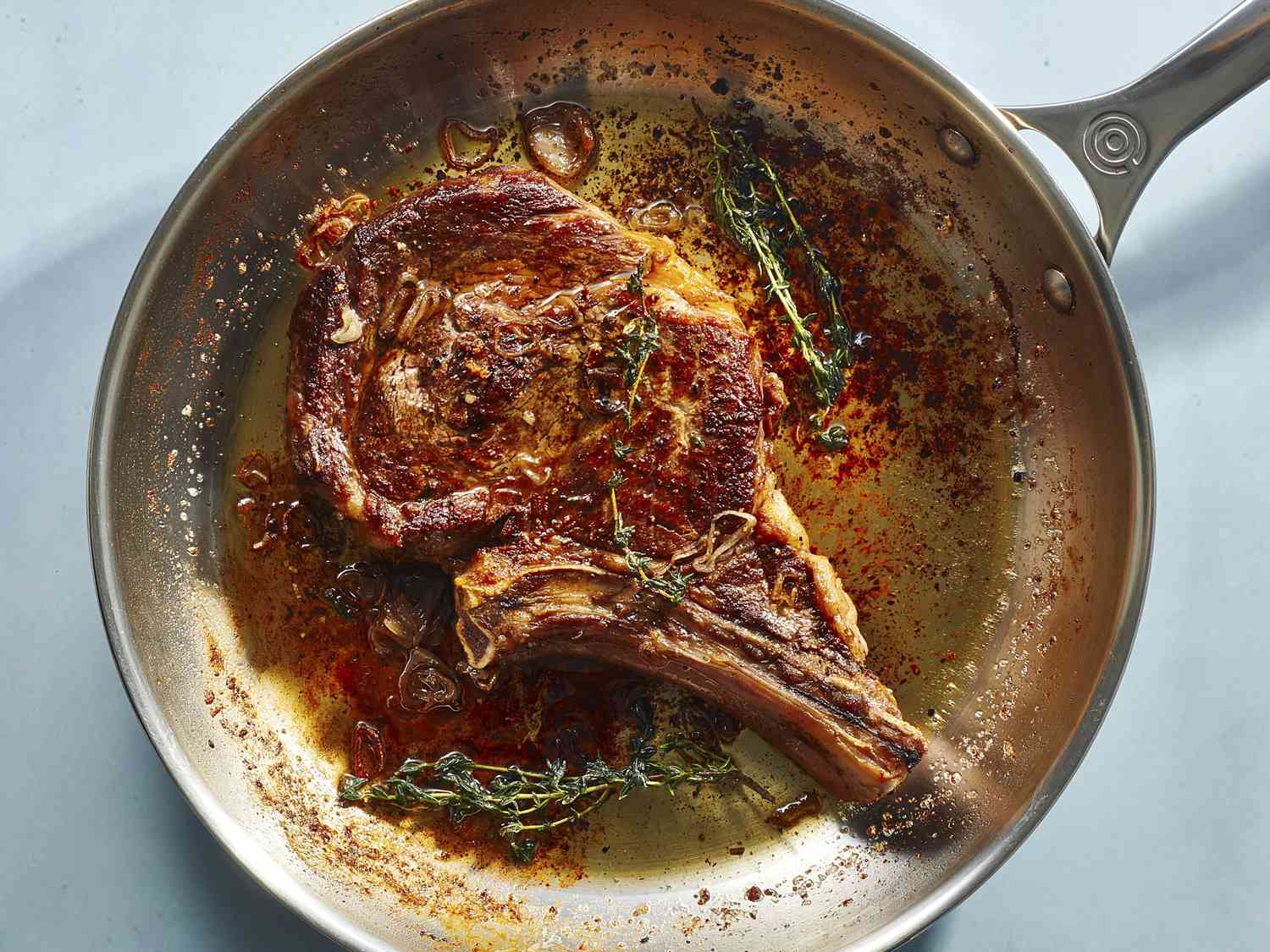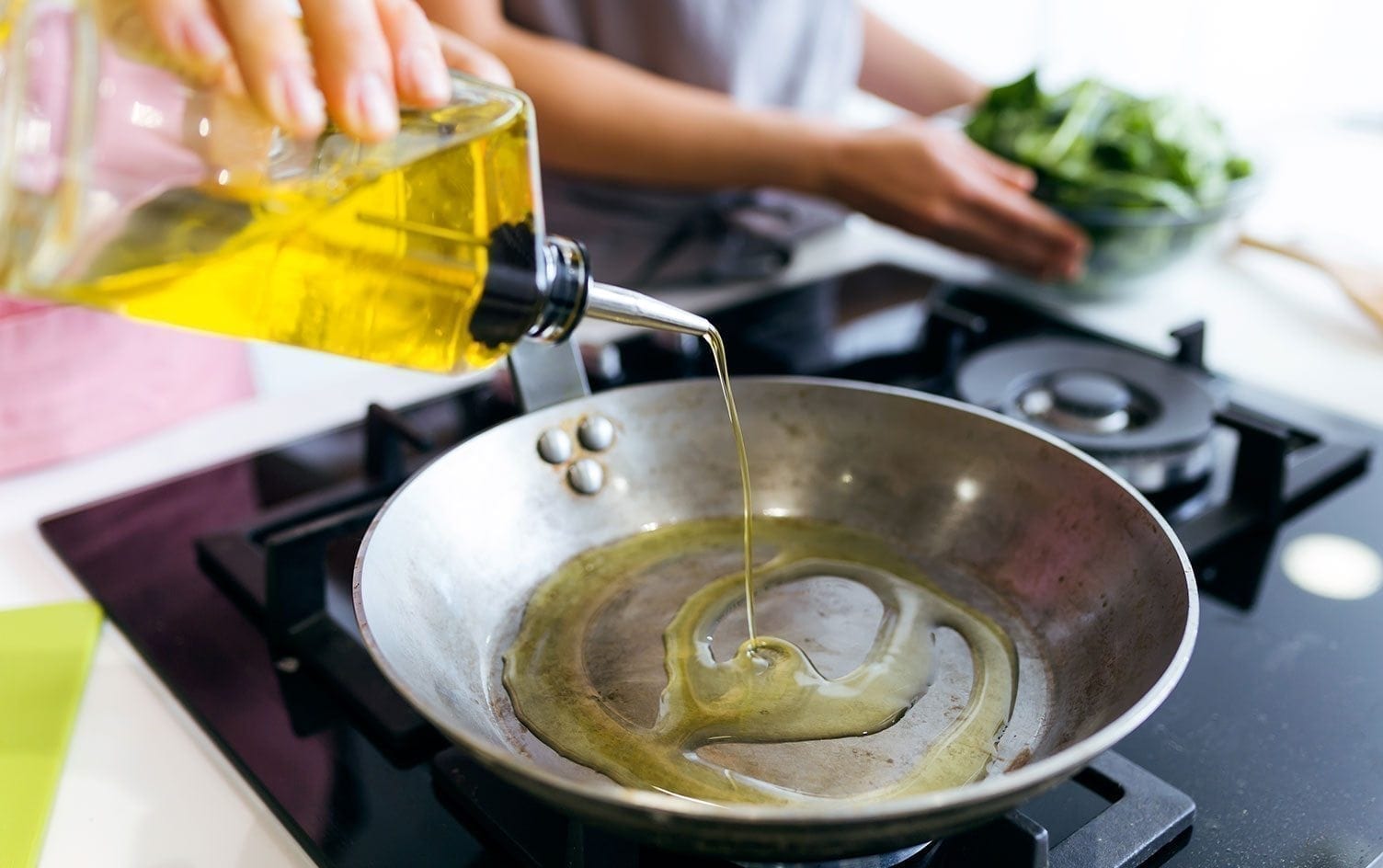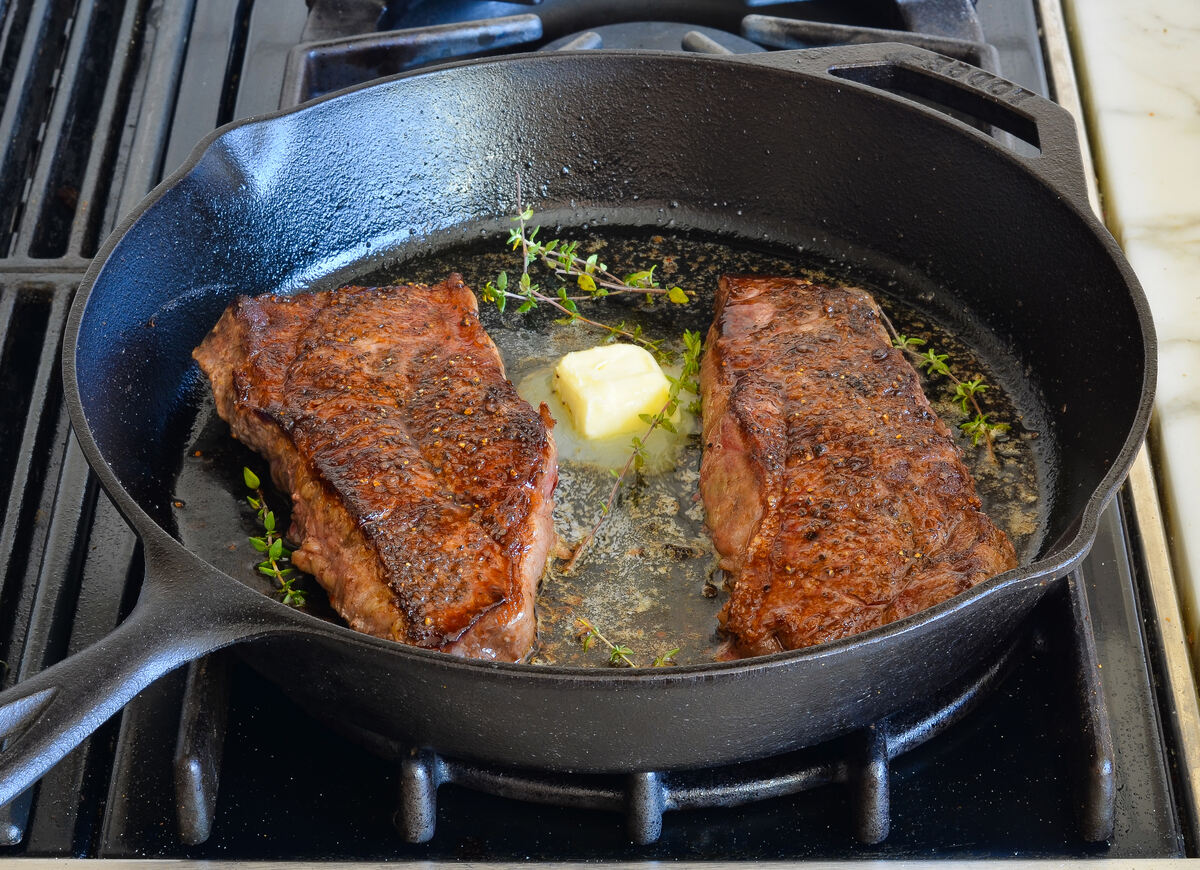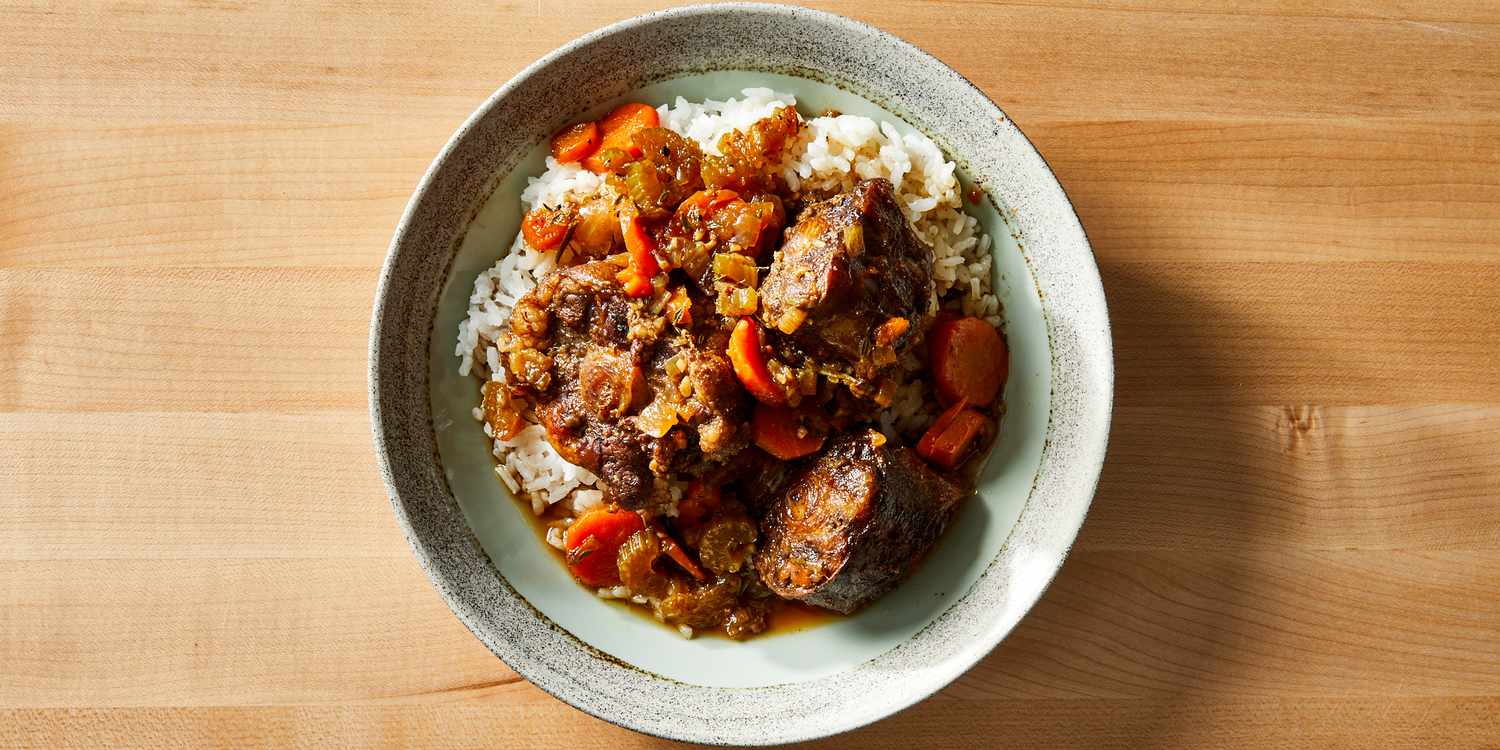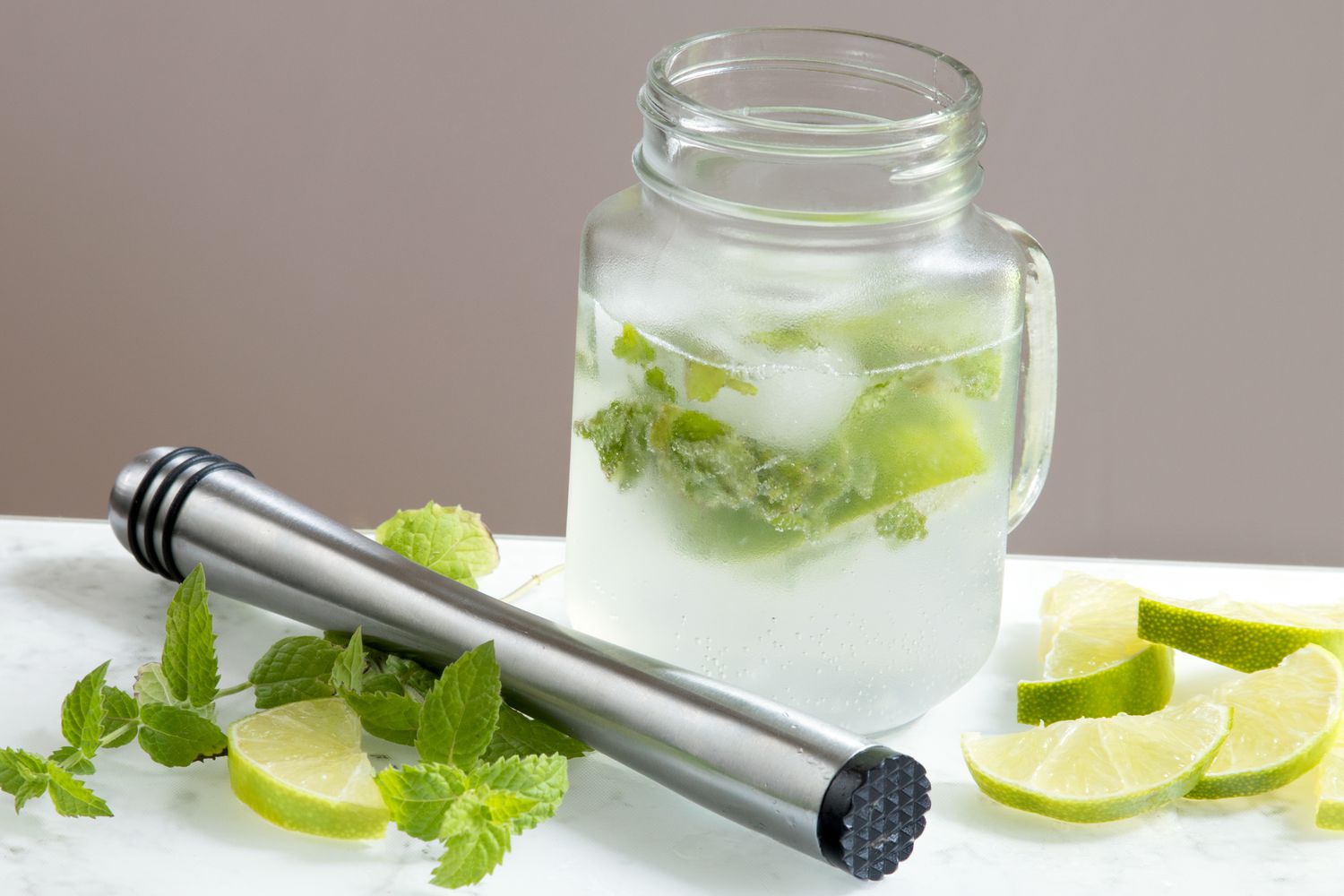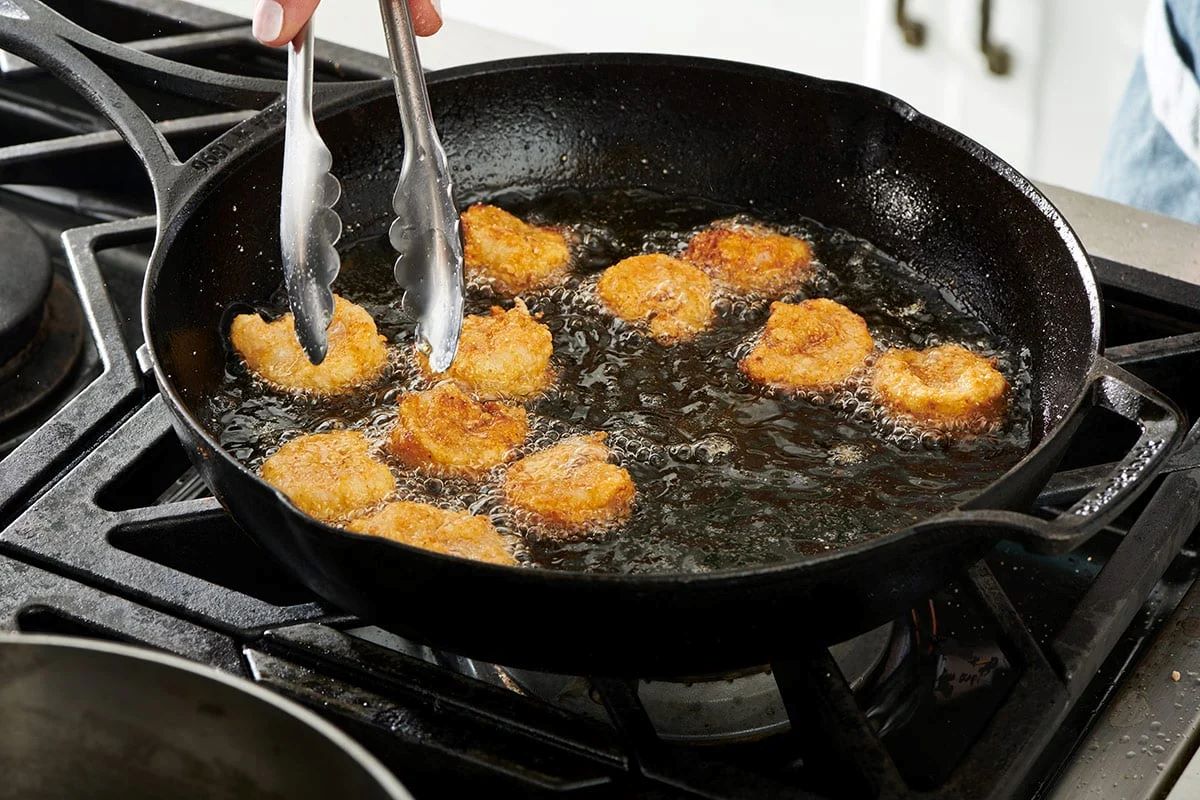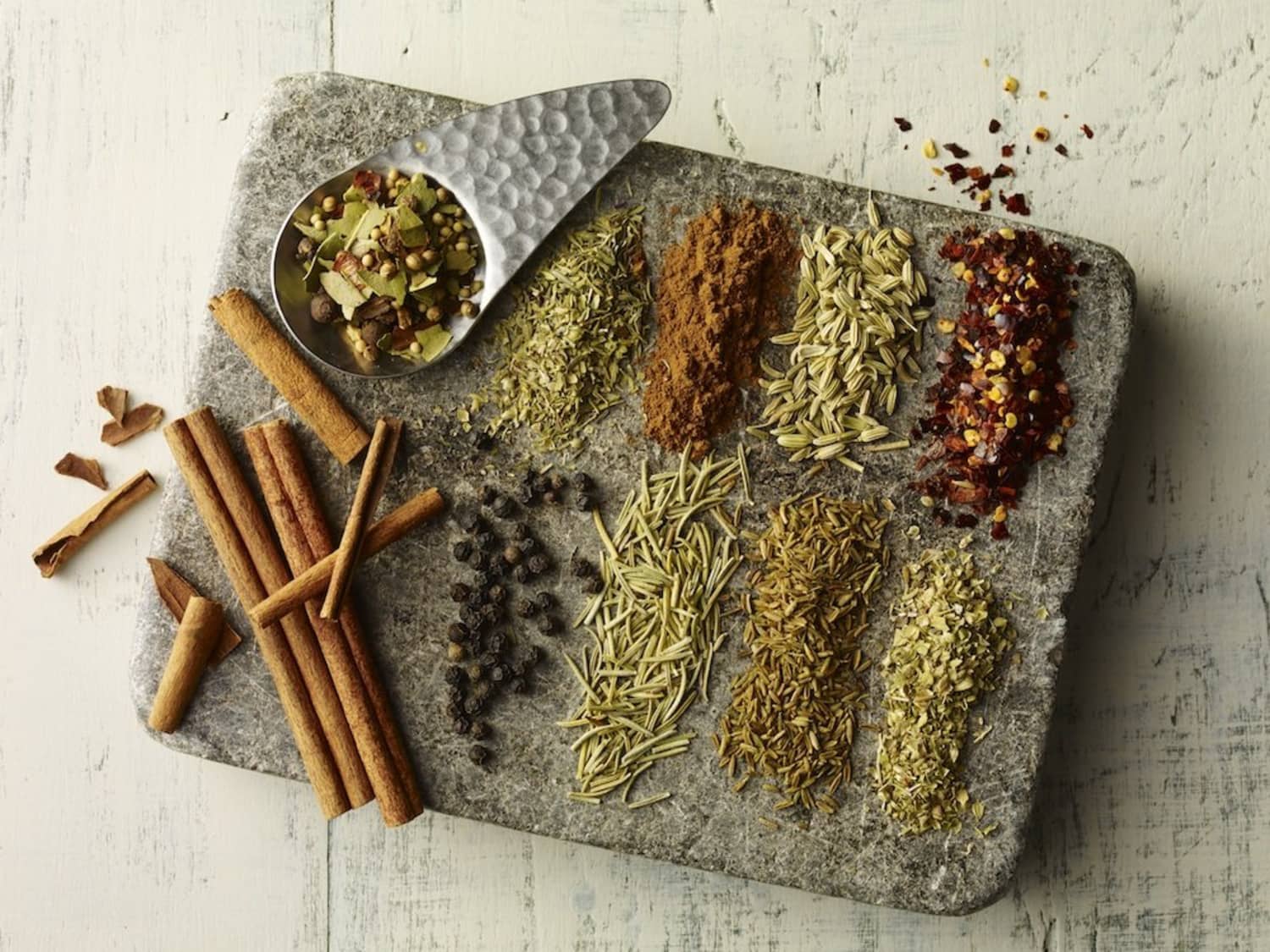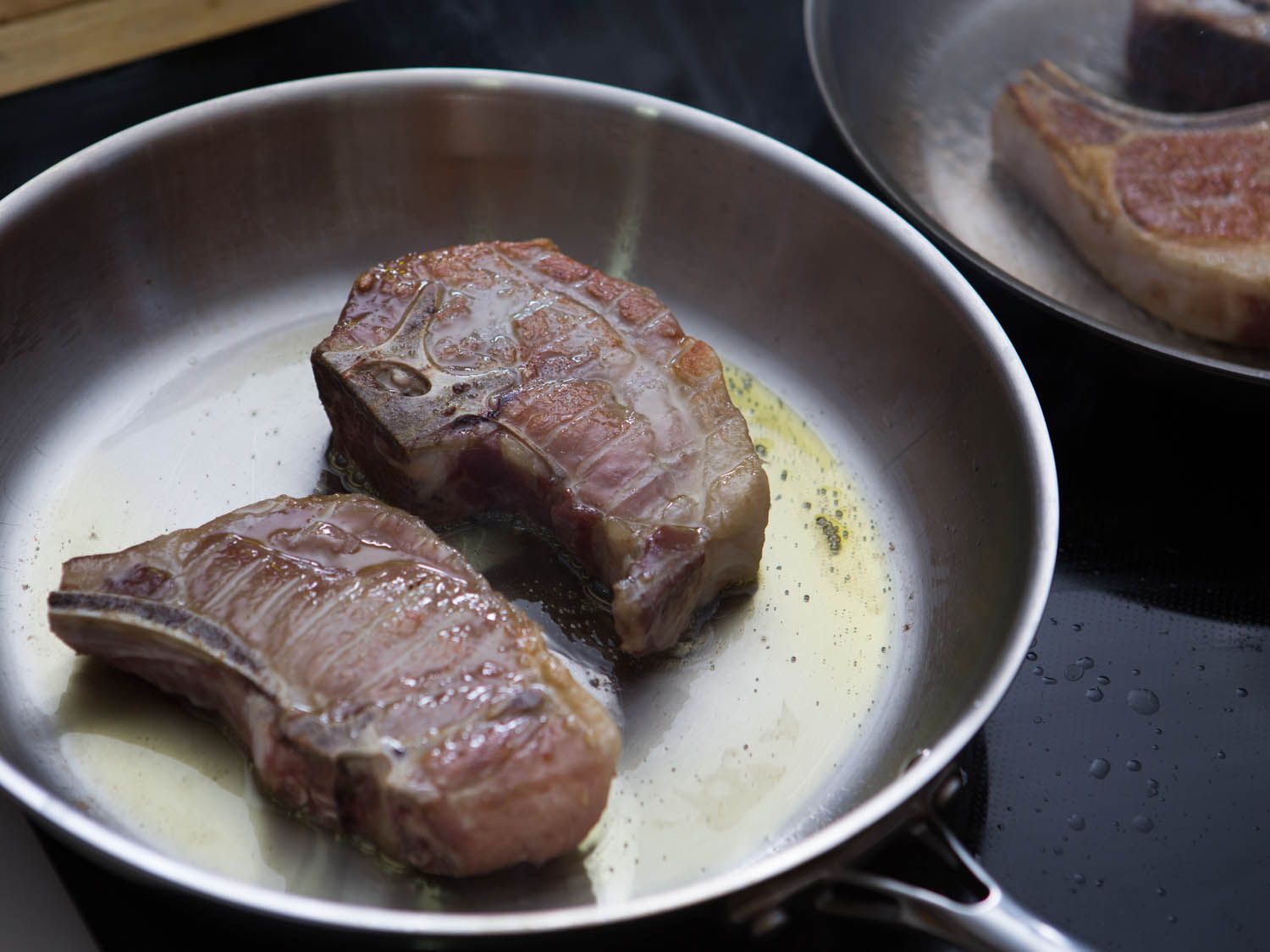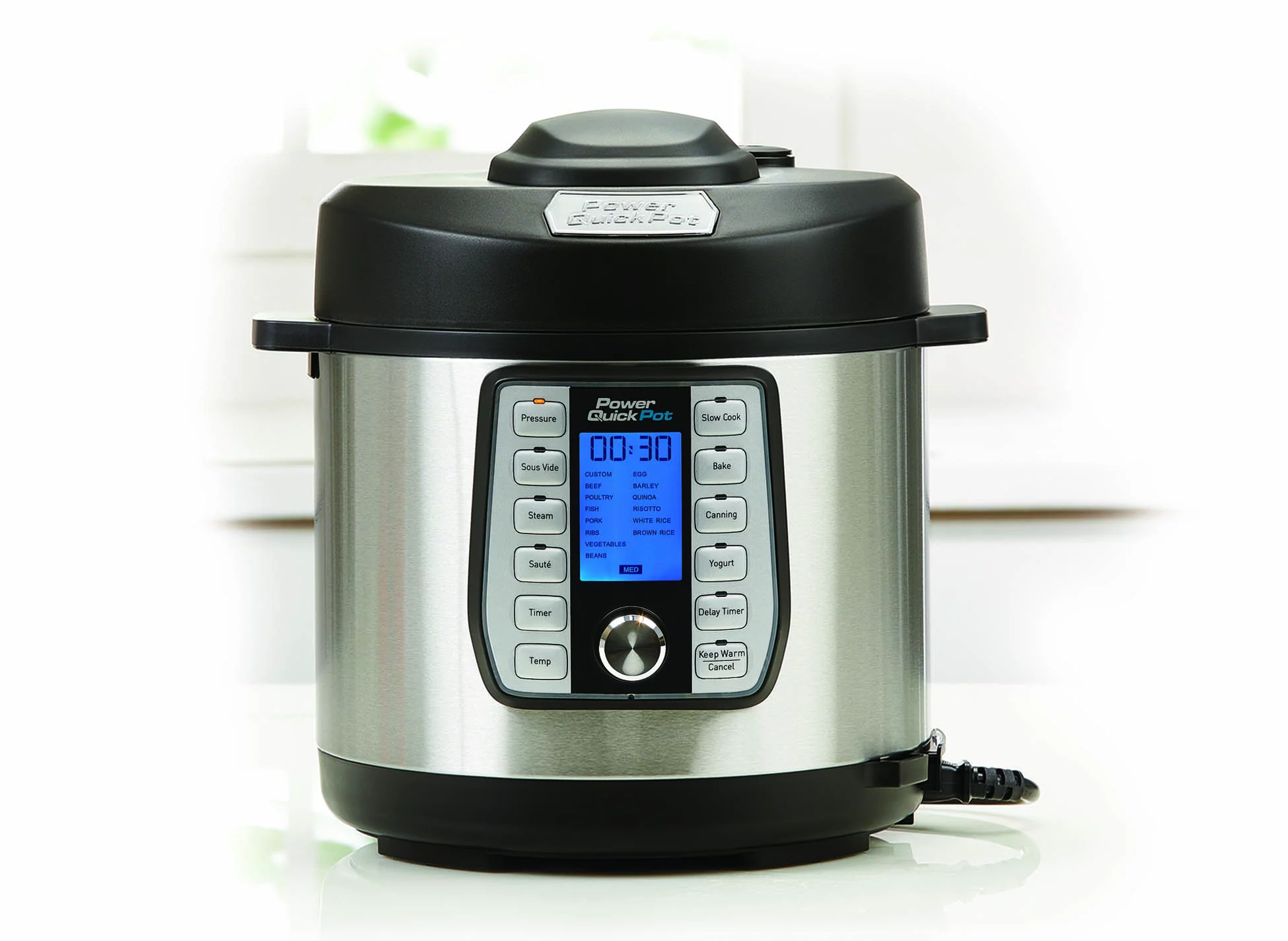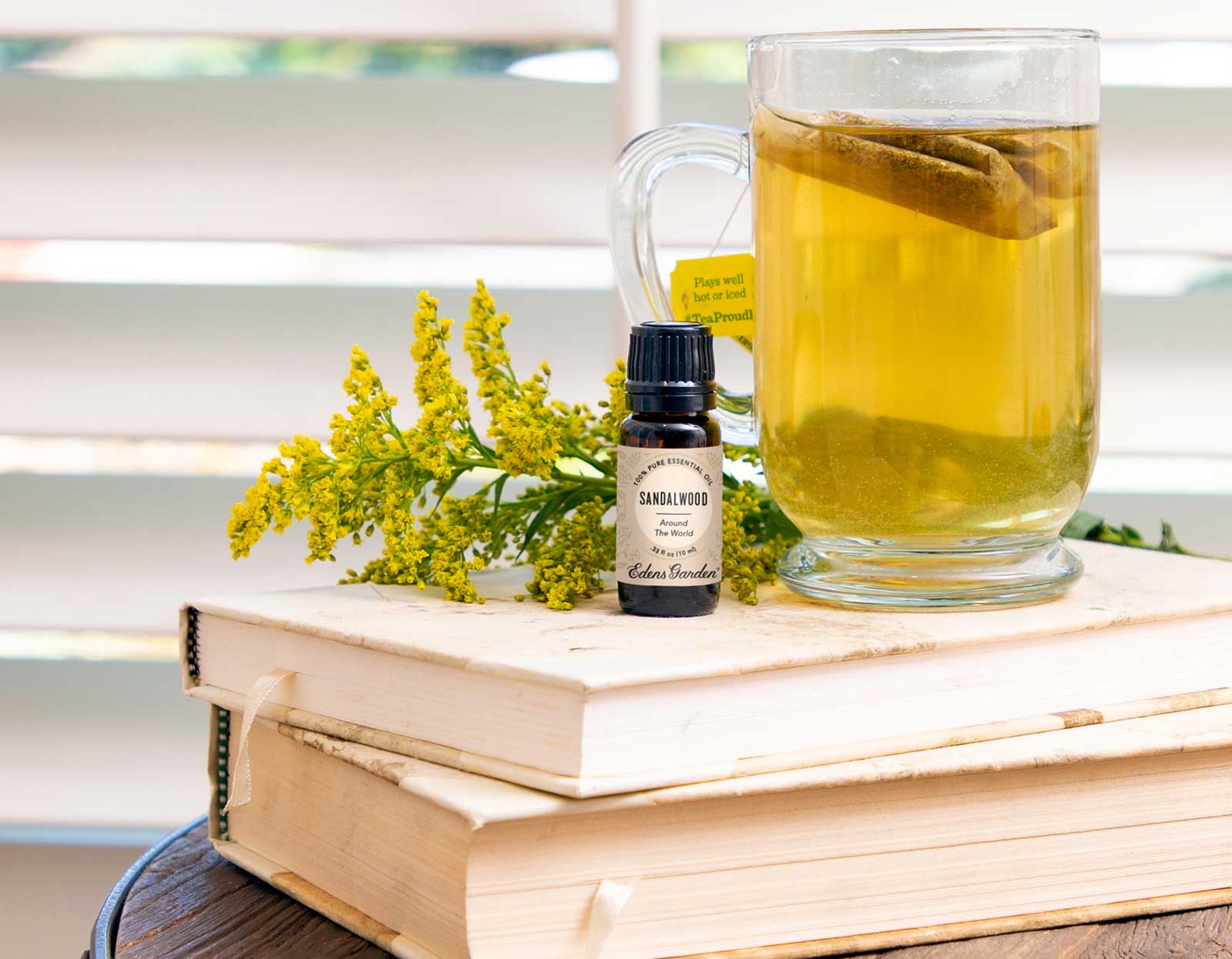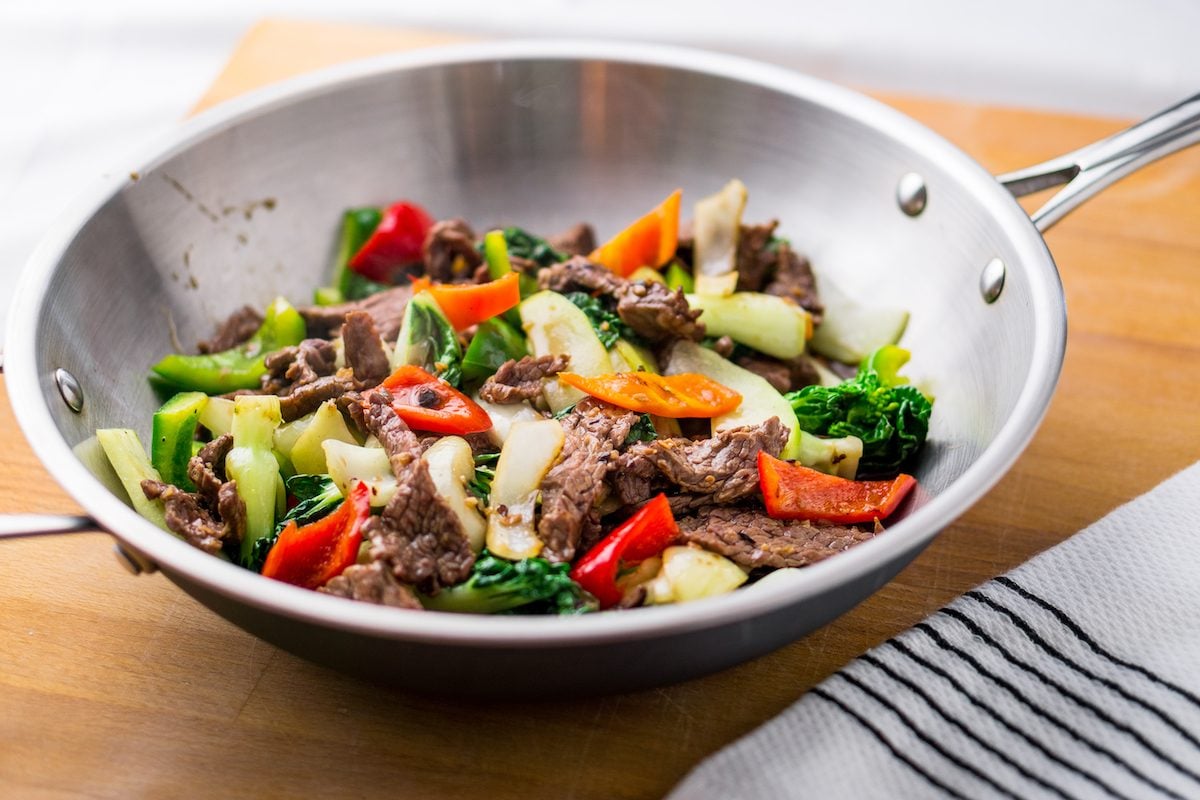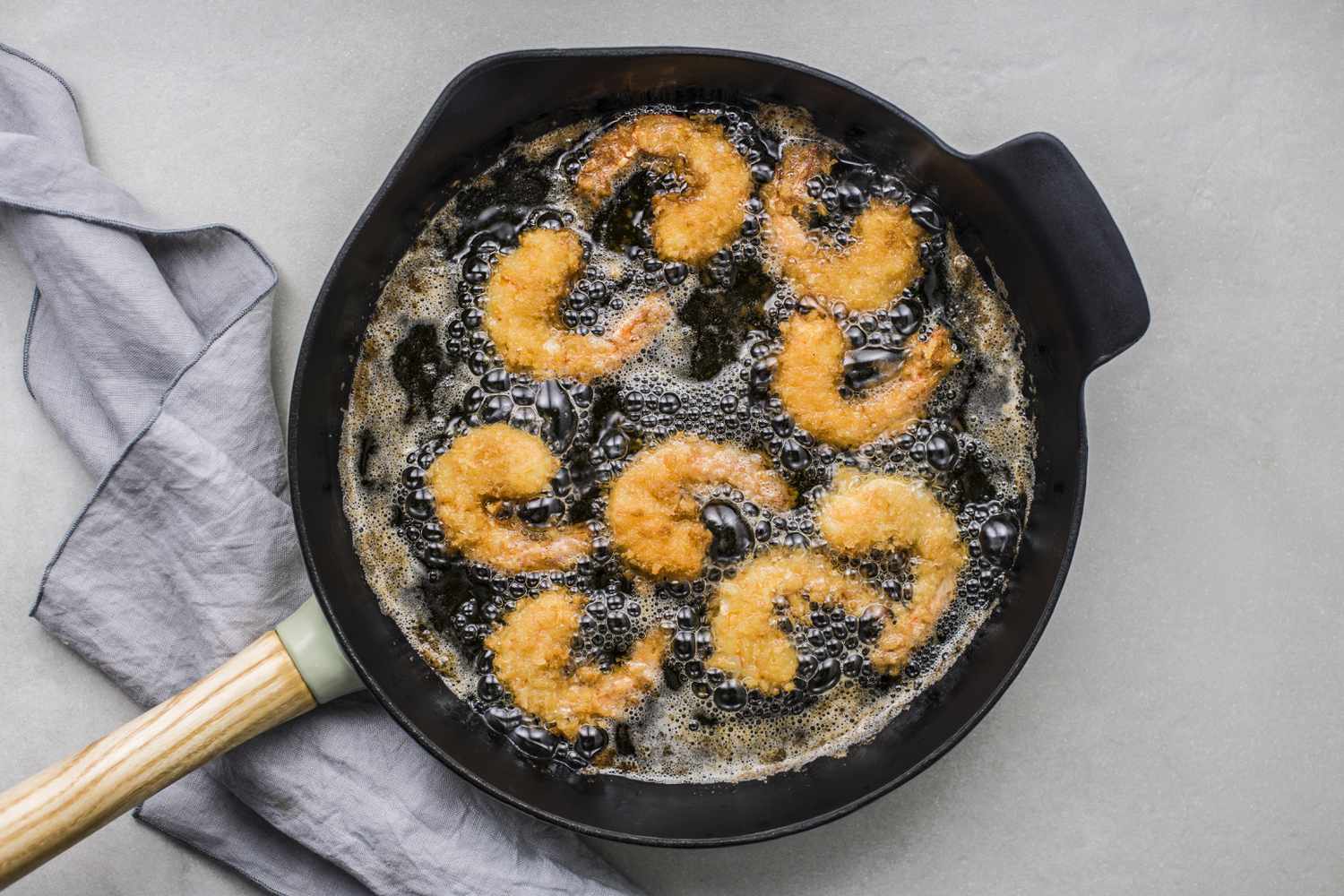Cooking with essential oils can add a burst of flavor to your dishes. These concentrated plant extracts offer unique tastes and aromas that elevate your culinary creations. Essential oils like lemon, lavender, and basil can transform ordinary recipes into extraordinary meals. However, using them requires care and precision. A few drops can go a long way, and it's crucial to use food-grade oils. This guide will help you understand how to incorporate essential oils into your cooking safely and effectively, making your meals not only delicious but also aromatic and memorable. Let's dive into the art of cooking with essential oils.
Gather Your Ingredients for The Art of Cooking with Essential Oils
Essential Oils for Cooking
-
Lemon Oil
- Adds a zesty flavor to seafood, salads, and desserts
-
Peppermint Oil
- Perfect for chocolate desserts, teas, and holiday treats
-
Lavender Oil
- Great for baked goods, ice creams, and cocktails
-
Basil Oil
- Enhances pasta dishes, sauces, and soups
-
Rosemary Oil
- Ideal for roasted meats, potatoes, and bread
-
Thyme Oil
- Complements stews, marinades, and vegetable dishes
-
Oregano Oil
- Perfect for Italian dishes, pizza, and grilled vegetables
-
Cinnamon Oil
- Adds warmth to baked goods, oatmeal, and beverages
-
Ginger Oil
- Great for Asian cuisine, smoothies, and marinades
-
Orange Oil
- Brightens up salads, desserts, and beverages
Carrier Oils
-
Olive Oil
- Commonly used for savory dishes and dressings
-
Coconut Oil
- Ideal for baking, frying, and adding a tropical flavor
-
Avocado Oil
- Perfect for high-heat cooking and dressings
Additional Ingredients
-
Honey
- Adds natural sweetness and balances flavors
-
Salt
- Enhances the taste of all dishes
-
Vinegar
- Provides acidity and depth to recipes
-
Garlic
- Adds a robust flavor to savory dishes
-
Onion
- Essential for soups, stews, and sauces
Essential Tools for Your Culinary Journey
-
Glass mixing bowls
- For blending oils with other ingredients without reacting chemically.
-
Measuring spoons and cups
- Precision is key when adding essential oils to recipes.
-
Whisk
- Helps to evenly distribute oils throughout mixtures.
-
Spatula
- For scraping and mixing, ensuring no oil is wasted.
-
Glass storage containers
- Ideal for keeping prepared foods with essential oils fresh.
-
Diffuser
- Not for cooking, but for enhancing the kitchen atmosphere with aromatic oils while cooking.
-
Grater or zester
- To add fresh zest for complementing the essential oils.
-
Pipettes or droppers
- For adding essential oils drop by drop to achieve the desired flavor intensity.
-
Non-plastic utensils
- Essential oils can degrade plastics, so metal or wooden utensils are recommended.
-
Food processor or blender
- For recipes requiring a smooth consistency, integrating oils seamlessly.
-
Oven mitts
- Safety first, especially when baking or handling hot dishes infused with oils.
-
Parchment paper
- Useful for lining baking trays when making oil-infused baked goods.
-
Cooling rack
- Allows air to circulate around freshly baked goods, preventing sogginess.
-
Fine mesh strainer
- In case of needing to remove any bits or excess oil from a dish.
Use essential oils sparingly in cooking. A drop or two can add intense flavor. Always ensure oils are food-grade and safe for consumption. Start small, then adjust to taste.
Why You Should Cook with Essential Oils
Essential oils add flavor and aroma to dishes, making meals more enjoyable. They offer a natural way to enhance taste without artificial additives. Using them in cooking can also provide health benefits, such as antioxidant properties and digestive support.
Cooking with essential oils allows for creative and unique recipes. They can transform simple dishes into gourmet experiences. Additionally, essential oils are concentrated, so a little goes a long way, making them a cost-effective option for adding depth to your meals.
Step-by-Step Guide to The Art of Cooking with Essential Oils
The Art of Cooking with Essential Oils
-
Choose High-Quality Oils
- Select therapeutic-grade or food-grade essential oils.
- Avoid oils labeled as fragrance or perfume.
-
Understand Potency
- Essential oils are highly concentrated.
- Use 1-2 drops per dish to start.
-
Dilute Properly
- Mix oils with a carrier oil like olive or coconut oil.
- Combine 1 drop of essential oil with 1 teaspoon of carrier oil.
-
Know Your Oils
- Citrus oils like lemon or orange add zest.
- Herb oils like basil or rosemary enhance savory dishes.
- Spice oils like cinnamon or clove add warmth.
-
Add at the Right Time
- For cold dishes, add oils directly.
- For hot dishes, add oils at the end of cooking to preserve flavor.
-
Blend for Balance
- Combine complementary oils for complex flavors.
- Example: Lemon and basil for a fresh taste.
-
Taste as You Go
- Start with a small amount.
- Adjust by adding one drop at a time.
-
Store Oils Properly
- Keep oils in dark, glass bottles.
- Store in a cool, dry place.
-
Use in Baking
- Add oils to batter or dough.
- Mix thoroughly to distribute evenly.
-
Incorporate in Beverages
- Add oils to water, tea, or smoothies.
- Stir well to blend completely.
-
Create Marinades
- Mix oils with vinegar, soy sauce, or honey.
- Marinate for at least 30 minutes.
-
Make Salad Dressings
- Combine oils with vinegar and mustard.
- Shake well before using.
-
Infuse Oils
- Add essential oils to olive oil for dipping.
- Let sit for 24 hours before using.
-
Flavor Soups and Stews
- Add oils at the end of cooking.
- Stir well to blend thoroughly.
-
Enhance Desserts
- Add oils to frosting, glazes, or fillings.
- Mix well to ensure even distribution.
-
Experiment with Pairings
- Try different combinations to find your favorite.
- Keep notes on what works best.
-
Educate Yourself
- Read about each oil’s properties.
- Understand potential allergies or sensitivities.
-
Practice Safety
- Keep oils away from children and pets.
- Avoid contact with eyes and mucous membranes.
-
Use Sparingly
- Less is more with essential oils.
- Overuse can overpower a dish.
-
Enjoy the Process
- Have fun experimenting.
- Share your creations with friends and family.
Bringing It All Together
Cooking with essential oils can elevate your dishes to new heights. These potent extracts add flavor and aroma that regular spices just can't match. Remember to use high-quality oils and start with small amounts. A drop or two can make a big difference. Always ensure the oils are food-grade and safe for consumption. Experiment with different oils in your recipes, from savory dishes to desserts. Essential oils like lemon, basil, and peppermint can transform your cooking. Just be mindful of their strength and potency. With a bit of practice, you'll find the perfect balance. So, get creative in the kitchen and let these oils inspire your culinary adventures. Happy cooking!
Frequently Asked Questions About The Art of Cooking with Essential Oils
What are essential oils?
Essential oils are concentrated liquids extracted from plants. They capture the plant's scent and flavor, also known as its "essence." Common examples include lavender, peppermint, and lemon oils.
Can I use any essential oil for cooking?
Not all essential oils are safe for consumption. Only use food-grade essential oils labeled as safe for culinary use. Always check the label and consult a reliable source before adding them to your dishes.
How do I measure essential oils for recipes?
Essential oils are very potent, so a little goes a long way. Usually, one or two drops are enough. Start with a small amount, then adjust to taste. Remember, you can always add more, but you can't take it out once it's in.
What dishes can benefit from essential oils?
Essential oils can enhance a variety of dishes. Use lemon oil in desserts, basil oil in pasta sauces, or peppermint oil in chocolates. They work well in both sweet and savory recipes.
Are there any safety tips for cooking with essential oils?
Yes, always dilute essential oils before adding them to food. Mix them with a carrier oil like olive oil or blend them into sauces and batters. Never use them undiluted, as they can be too strong and potentially harmful.
Can essential oils replace fresh herbs and spices?
Essential oils can substitute for fresh herbs and spices, but they offer a more intense flavor. Use them sparingly and adjust other seasonings in the recipe to balance the taste.
